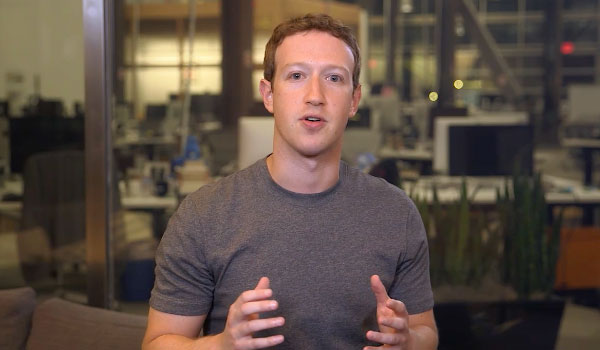Facebook on Monday announced that it will expand Internet.org to ensure that it doesn’t conflict with the principles of a free and open Internet. CEO Mark Zuckerberg responded to criticisms of Internet.org and outlined plans to make the free service even more open.
“Soon, we’re going share an open technical spec, and any compatible service will be available through Internet.org across the whole world,” he said. “This will give people even more choice and more free services, while still creating a sustainable economic model to connect every single person in the world. This is the next step forward for Internet.org.”
To participate in initiative, websites will have to comply with three guidelines. The Internet.org versions of their websites must encourage users to explore the entire Internet, must use data thriftily, and must offer pages that are optimized for both smartphone and feature phones.
The Controversy
Internet.org seeks to give free Internet access to the billions of people who are offline, despite being within reach of cellular connections. Because the costs of data are often too much for those in emerging markets, Internet.org has been partnering with telecoms and websites to offer basic Internet services for free.
Users can access a small collection of websites free of advertisements. However, despite its presentation as an altruistic service, Internet.org has drawn heavy fire as of late.
Criticism from Net neutrality proponents recently sparked a backlash in India, one of the underserved and underconnected markets Internet.org has targeted. The Times Group spoke out against Internet.org and proposed to pull The Times of India and its language publications from the program if its rivals agreed to do so as well.
The Internet.org initiative ran into trouble because it was partnering with a select group of content providers, putting outsiders at a disadvantage. While Internet.org isn’t supported by ads, simply being included in the service meant participating websites would get traffic that was unavailable to organizations on the outside looking in.
The Forecast
With Internet.org now doing more to avoid hurting online competition, the service could offer a world of promise for reaching the goal of universal Internet access.
There’s a need for an initiative like Internet.org, maintained Patricia Vila, senior account executive at the Conroy Martinez Group, who experienced connection problems firsthand during her six years in Cuba, when she helped launched CNN’s Havana bureau, among other things.
“I’m ecstatic that Facebook is pushing this program and being proactive,” she told TechNewsWorld. “The goal here is to bring people out of poverty, and the way we bring people out of poverty is by educating them and introducing them to technology.”
The move to open the Internet.org platform to everyone is a step in the right direction, but there are still many concerns surrounding the program, noted Michael Dub, a partner at DXagency.
“I’m skeptical about Internet.Org being able to fully reach their goal, as meeting the platform’s guidelines and having the available resources to implement changes will be challenging, especially for smaller companies throughout the world,” he told TechNewsWorld.
Along with possible trouble in complying with Internet.org’s guidelines, there are Facebook’s infamous privacy concerns, according to Dub.
“That includes lack of encryption and allowing Facebook to track users,” he said, “and then sharing that data with telecom companies.”




















































